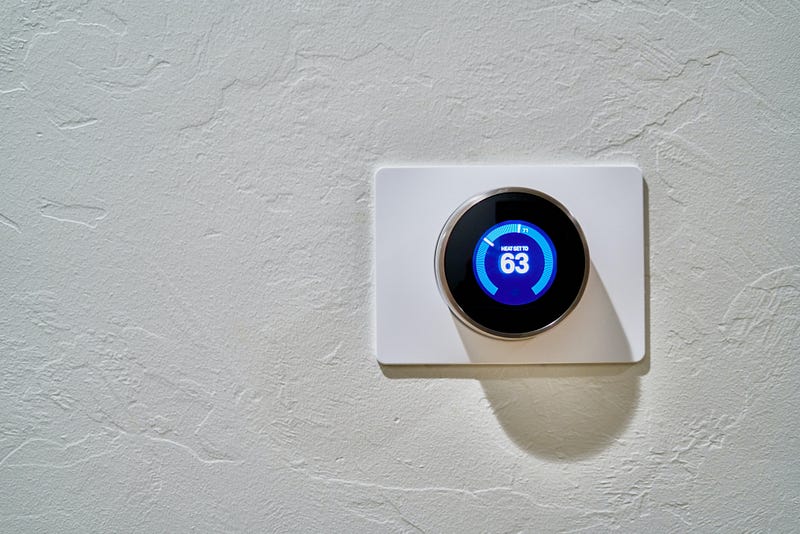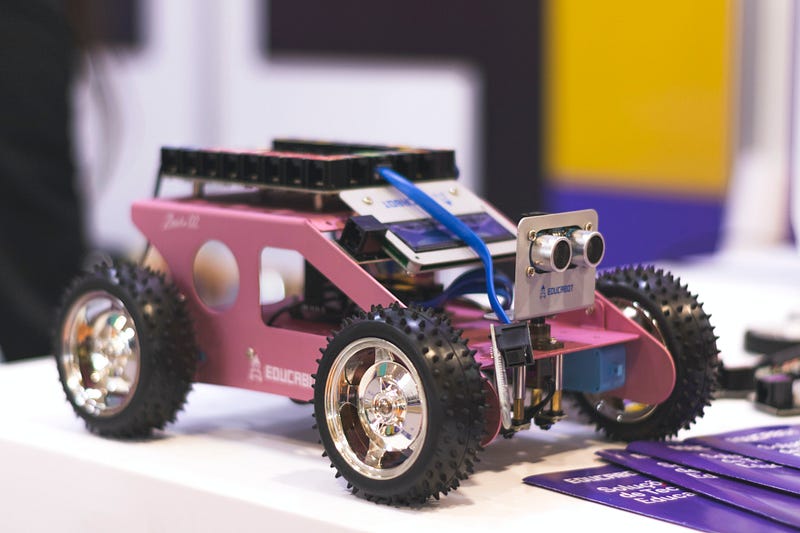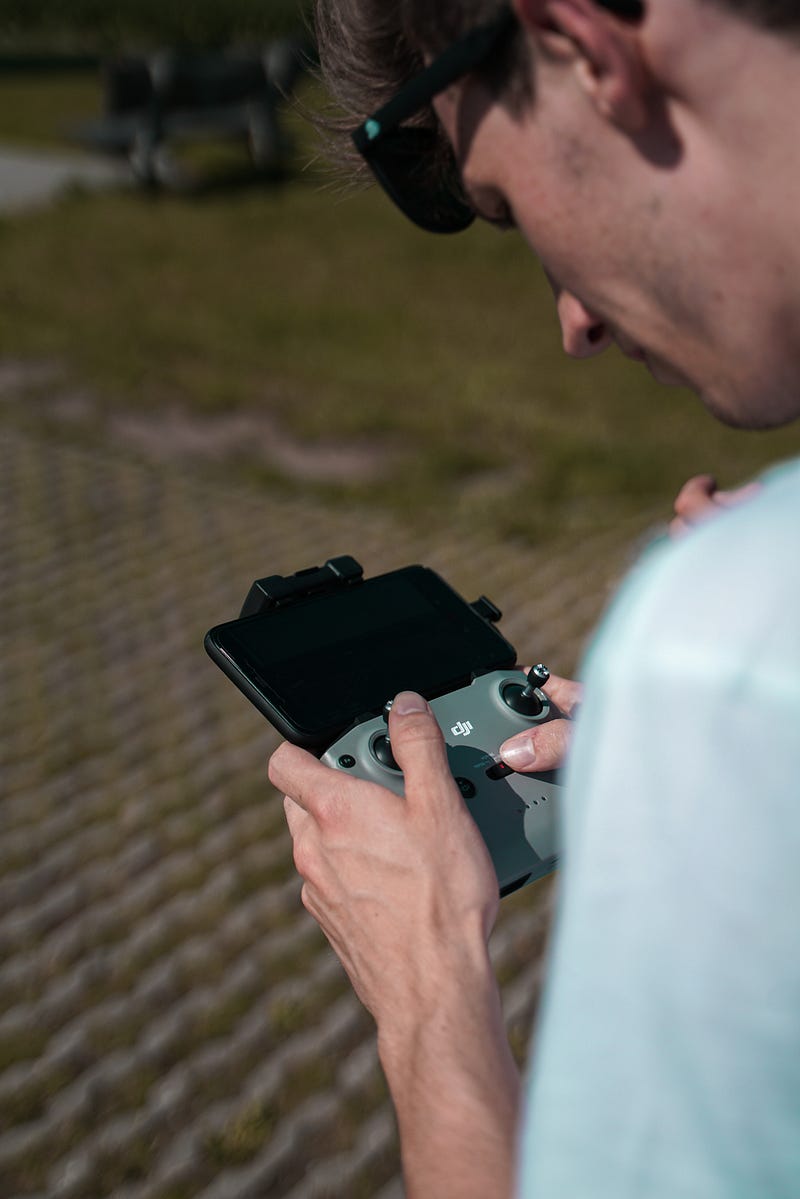Exploring Arduino Wireless Communication Projects: A New Era
Written on
Understanding Wireless Communication with Arduino
In today's interconnected world, the ability to create wireless communication projects presents endless opportunities. The Arduino platform stands out for its versatility and user-friendliness, making it a favored choice for developers looking to leverage wireless technology. This article explores the thrilling realm of Arduino wireless projects, discussing different technologies, applications, and inspiring examples that illustrate how wireless connectivity can elevate your projects.
What is Wireless Communication?
Wireless communication refers to the transfer of data between devices without physical connections. Using Arduino, you can implement various wireless technologies, including Wi-Fi, Bluetooth, and RF (Radio Frequency). These technologies facilitate the exchange of information, allowing devices to control one another and create interactive systems.
Wi-Fi Connectivity with Arduino
Wi-Fi is among the most common methods for wireless communication, enabling Arduino boards to connect to the internet and other devices on a network. By integrating Wi-Fi modules like the ESP8266 or ESP32, you can develop projects that interact with web services, remotely control devices, and gather data from sensors.
Example Project: Home Automation System
Imagine a home automation system where lights, fans, and appliances can be managed via a smartphone app. Using Arduino with a Wi-Fi module, you can connect to your home network to receive commands from the app.

Bluetooth Communication with Arduino
Bluetooth provides short-range wireless communication, making it perfect for projects that require interaction with smartphones or nearby devices. Arduino boards equipped with Bluetooth modules can seamlessly communicate with mobile applications, share data, and control peripherals.
Example Project: Arduino-Controlled Car
Construct a mini car that you can control wirelessly through a smartphone app using Bluetooth. Combining Arduino with a motor shield and Bluetooth module allows users to send commands to navigate the car.

Radio Frequency (RF) Communication with Arduino
RF modules are a cost-effective way to enable wireless communication over longer distances. Utilizing RF modules with Arduino boards allows for applications like remote control systems and weather stations.
Example Project: Wireless Weather Station
Create a wireless weather station using Arduino and RF modules. The main unit collects data from various sensors, while a remote unit displays the information received wirelessly. This project demonstrates Arduino's potential for developing reliable communication systems.

NFC and RFID Technologies
NFC and RFID enable short-range communication between devices, commonly used for applications such as contactless payments and access control.
Example Project: RFID Door Lock
Develop a door lock system using RFID cards for access management. By integrating Arduino with an RFID module, you can read the unique ID of each card to grant or deny access.

IoT Integration: Expanding Possibilities
The Internet of Things (IoT) has transformed our interaction with the environment. Arduino's compatibility with various wireless technologies makes it an excellent platform for IoT projects.
Example Project: Smart Plant Watering System
Design a smart plant watering system that monitors soil moisture and waters the plants as needed. By connecting Arduino to the internet through Wi-Fi, you can send alerts and notifications to your smartphone.
Building Your Arduino Wireless Project: Step by Step
- Select the Wireless Module: Choose the right wireless module based on your project requirements and understand its capabilities.
- Set Up the Arduino Board: Prepare the Arduino board and ensure it is compatible with the selected wireless module. Install necessary libraries or software for communication.
- Code Configuration: Write the code to establish communication with the wireless module, considering pairing, data transmission, and error handling.
- Integration with Peripherals: If your project involves controlling devices or sensors, integrate them into your Arduino code for a cohesive system.
- Testing and Debugging: Verify the communication between devices and ensure data is transmitted accurately. Address any issues during testing.
The Future of Wireless Arduino Projects
Arduino's integration of wireless communication technologies has transformed project development. From smart homes to IoT applications, the possibilities are limitless. By grasping the fundamentals of wireless communication and utilizing Arduino's capabilities, you can embark on a journey to create innovative projects that are both functional and transformative.
As you explore the realm of Arduino wireless communication projects, remember that creativity and experimentation are essential. With continuous advancements in wireless technology, Arduino will remain at the forefront, empowering creators to push the boundaries of what’s achievable.
In this age of connectivity, where physical wires are replaced by invisible data waves, Arduino's wireless communication abilities enable you to realize your most ambitious ideas. So, gather your Arduino board, select your wireless technology, and start your adventure in innovation and exploration.
The first video, "EXPLORING ARDUINO: The Second Edition is Here!" showcases the latest features and projects using Arduino technology, providing insights to enhance your understanding.
The second video, "Arduino Wireless Communication using NRF24L01 Transceiver Module," dives into the specifics of using NRF24L01 for wireless communication, offering practical applications and examples.